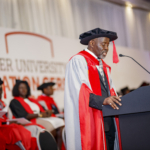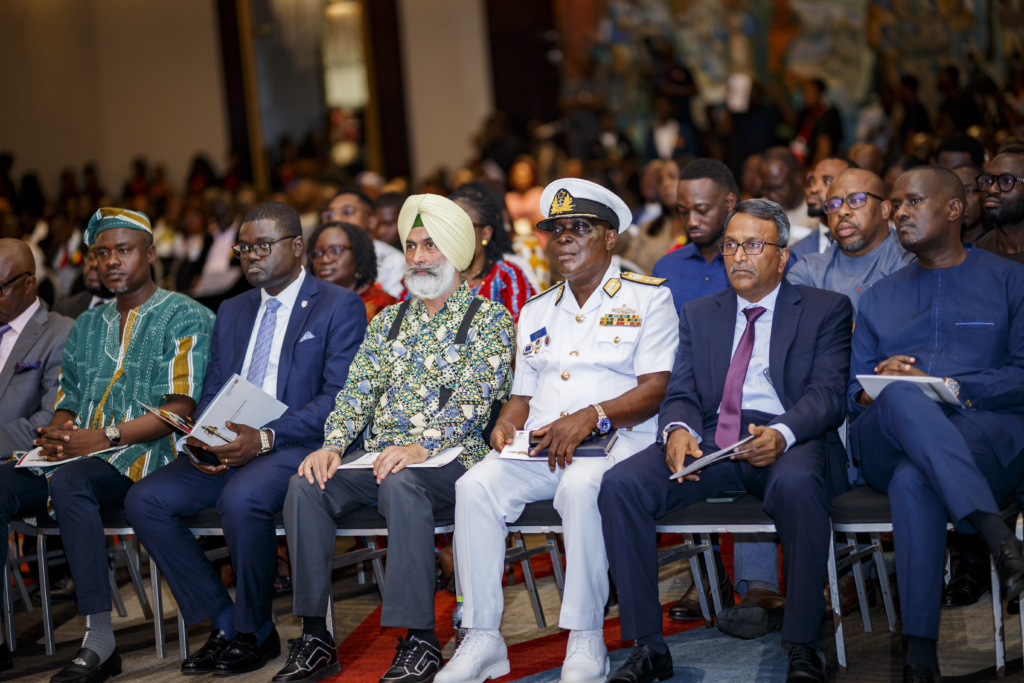
Artificial intelligence (AI) is rapidly emerging as a tool Ghana cannot afford to overlook, with immense potential to drive research, innovation, and economic growth.
Experts say generative AI and AI-driven analytics, in particular, can boost tertiary students’ entrepreneurial confidence, improve idea quality, and accelerate speed to market.
At Lancaster University Ghana’s 9th Graduation Ceremony in Accra, graduates were encouraged to view AI not merely as entertainment but as a catalyst for the country’s socio-economic transformation despite concerns about its impact on critical thinking.
Dean of the School of Engineering Sciences at the University of Ghana, Professor Elsie Effah Kaufmann, challenged graduates to embrace AI for innovation, stressing that Ghana’s economic independence hinges on technological advancement.

“We are blessed with abundant resources and talent, yet we face challenges. These challenges do not call for despair but rather a chance to embrace technology for innovation,” she said.
Chief Financial Officer of the Transnational Academic Group, Middle East, Ashwin Gautama, echoed the call, urging graduates and Ghana’s youth to reject dependency and instead embrace curiosity and entrepreneurship.
“Curious minds are always enterprising towards development. The more curious you are, the more you understand diverse ways to solve problems,” he noted.
The ceremony also highlighted Lancaster’s Pan-African spirit, with graduates from Ghana, Nigeria, Togo, and Ivory Coast. This year’s valedictorian, Anyeley Aryeh-Sowah, received the Chancellor’s Medal, while Halle Akosua Asantewaa Dotse won the Founders’ Award respectively.
For Lancaster University Ghana and its partner, the Transnational Academic Group, the focus is not only on producing globally competitive graduates but also on nurturing change-makers equipped to transform their home countries.
